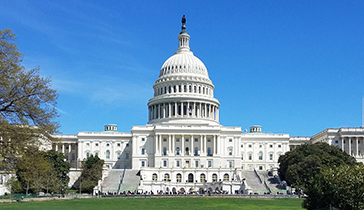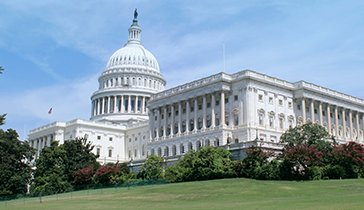This week, Congress is expected to consider a USMCA trade agreement that does NOT include stronger IP protections for American innovators who develop biologic medicines. While the removal of these provisions is being hailed as a defeat for Big Pharma, here are three key points to keep in mind as the USMCA debate continues:
- Removing the biologic provisions is a blow to America’s small biotech industry. An astounding 71% of all biologic medicines being developed come from small, emerging biotech companies. More than half (54%) of these biologics are being developed solely by emerging companies, while the remaining are done through partnerships with larger pharma companies. Policymakers looking to punish “Big Pharma” just took a shot at small biotechs.
- Biologic medicines make up nearly half (43%) of the total global pipeline of new medicines. These medicines are some of the most innovative and promising for patients, including patients with Alzheimer’s, cancer and rare debilitating diseases. These medicines are also some of the most difficult and costly to develop. The researchers innovating these medicines cannot succeed without strong, global IP standards. But as BIO’s Jim Greenwood noted, the final USMCA “sends a clear message that the U.S. government will stand idly by while foreign entities attack American intellectual property.”
- Surrendering the biologic provisions perpetuates foreign free-riding on American innovation at the expense of American patients. According to one news report, Rep. Jan Schakowsky (D-IL) noted that the biologic provisions would have led to higher drug prices “in those countries.” Put another way: The biologic provisions would have helped ensure Canada and Mexico paid more of their fair share for U.S. innovation. So why is abandoning these provisions a good thing for America’s patients?
Our elected policymakers—including President Trump and Speaker Pelosi—have promised to end foreign free-riding on American medical innovation, but by removing enhanced IP protections for biologic medicines, they have surrendered one of the most important tools that would help stop it.
For BIO’s full reaction, click here.
More From This Author
Insights


















.png)


